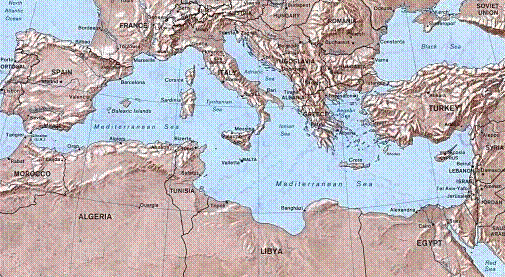MEDITERRANEAN: UFM, NEW PHASE REGIONAL COMMITMENT

This past year has demonstrated once again that the scope and scale of the challenges faced by the Euro-Mediterranean region relating to security, migration, unemployment and climate change require swift collective and concerted responses. The Union for the Mediterranean (UfM) works proactively to achieve greater levels of integration and cooperation in the region through a specific methodology that has yielded positive results in terms of political dialogue and the implementation of region-wide initiatives in which young people play a key role.
Under the active leadership of the UfM Co-Presidency – held by the EU and Jordan – and with the active involvement of the UfM Member States, 2016 has marked a turning point for the institution at the political and operational levels. The UfM 2016 Annual Report showcases 10 new labelled projects during the last year aimed at SME development, job creation, women’s empowerment, renewable energy and depollution, infrastructure development and education. Altogether, the UfM adds up to 47 projects with a budget of €5.3 billion. The tangible positive impact from the first wave of projects is already visible involving over 200,000 beneficiaries in the region, mainly women and young people.
UfM initiatives aim to consolidate human development (26 projects) and promote sustainable development (21 projects) as the main drivers for stability and integration in the region.
The first pillar of action includes initiatives linked to job creation, entrepreneurship and gender equality, such as the Mediterranean Initiative for Jobs (Med4Jobs). More than 50,000 women benefit from women’s empowerment programmes. In terms of sustainable development, in 2016 the UfM launched emblematic projects such as the depollution of Lake Bizerte, under the EU’s Horizon 2020 Initiative for a cleaner Mediterranean Sea, and the SEMed Private Renewable Energy Framework (SPREF), developed in cooperation with the EBRD to encourage the growth of private markets for renewable energy in Egypt, Jordan, Morocco and Tunisia.
(ITALPRESS).
Source: medNews

